
Mon-Fri 9am-5pm
Talk to our friendly electric car leasing experts now: 01942 910 001This website uses cookies to ensure you get the best experience. Learn more
Why entrepreneurs with a limited company are leasing an electric car

Leasing an electric car - why more entrepreneurs with a limited company are going this way
The move to electric cars, and vans, has become of legal requirement and financial necessity as of 2024. The UK Government’s insistence on fuel changes was deemed to be an ethical and environmental decision but as per the ZEV Mandate - the stage is now set for automotive manufacturers.
Between now and 2030, there has to be a seismic move towards zero-emission transportation and this will be borne most heavily by lithium-ion solutions. The key deadline of 2030, if there are no adjustments or revisions, is that 80% of new cars must be zero-emission.
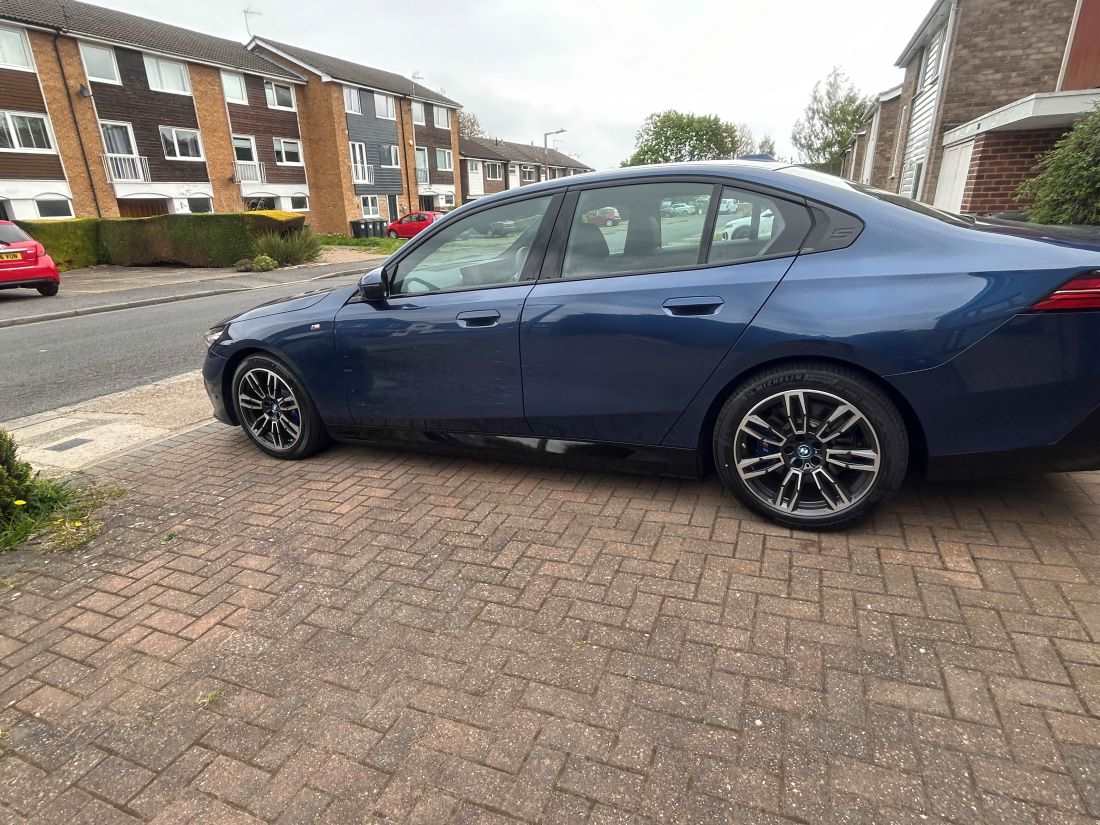
From this year (2024) the rules are in place and the gradual transition will directly influence what cars are engineered and sold here, as failure to adhere to this will result in financial implications. The suggestion is that every non-compliant vehicle could lead to fines of around £15,000 per vehicle, which is not welcome news for those producers of mainly combustion options. As at April 2024, BEVs (or Battery Electric Vehicles) account for 15.7% of the market, with a total of 107,031 registrations (out of 679,822).
Brands like Tesla and Polestar, who only produce battery vehicles, will be able to sell on some of their excess EV registrations to offset some of the other brands issues. But it isn’t just the availability and choice of vehicles which will determine the success of the electrification movement.
Many entrepreneurs with successful limited companies are now looking at changing their company car and fleet choices from the traditional combustion routes across to an EV. In some cases, you will see the Ferrari, Lamborghini and McLaren choices being turned down and instead all-electric options like the Rolls-Royce Spectre, Range Rover Electric, Porsche Macan EV and Maserati Grecale being adopted.
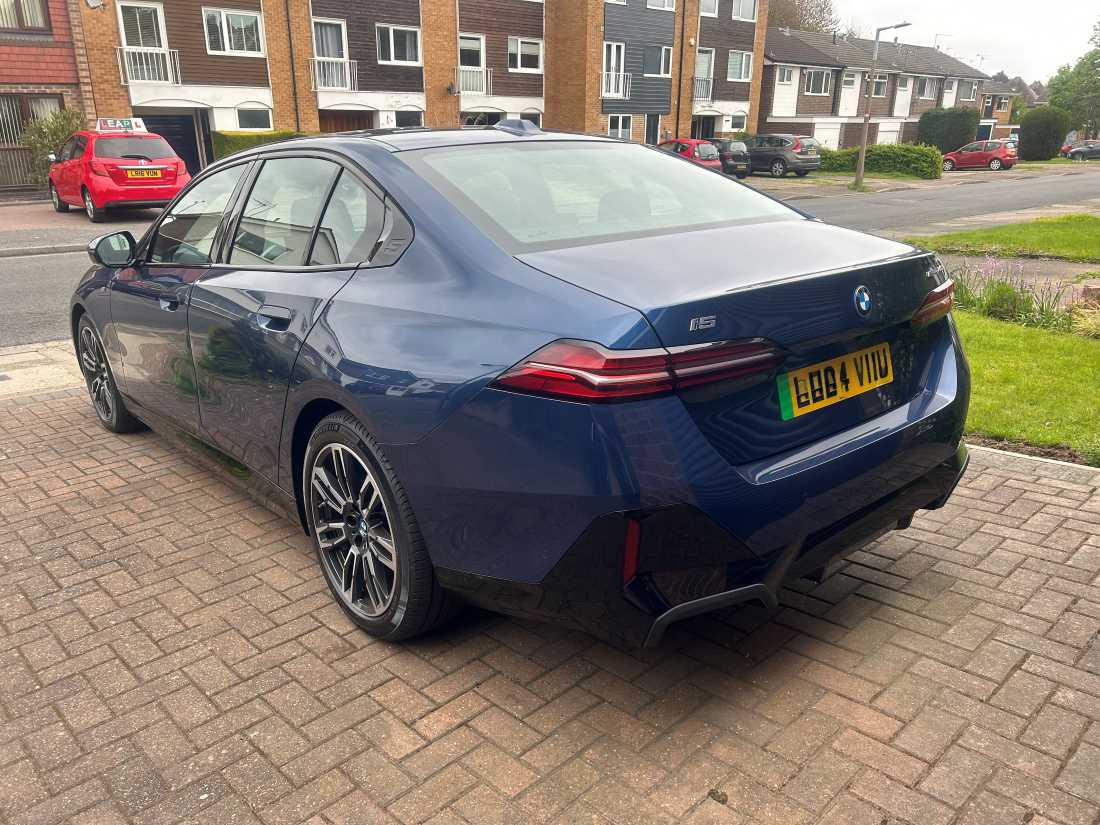
There is no shortage of luxury and performance EVs; indeed many vehicles offer significantly better output and 0 - 62 times, along with the build and design finish which high-end customers require. Our ultimate EV Comparisons guide features some amazing vehicles capable of sub-4 second 0 - 62 times, along with real-world ranges of over 300 miles. Indeed, Mercedes were the latest to join the world of luxury electric with their upcoming Mercedes G Class Electric SUV . And from the outside, those who have not yet adopted these vehicles must be asking why is this happening.
And are EVs actually practical on charging?
The key driver in the UK’s business leasing market is the fact that HMRC have confirmed some generous tax rules for zero-emission cars.
The advantages are so seismic that you really do have to question why fleets wouldn’t want to change their cars, and in some cases, their vans and commercial vehicles. If you are looking to put a car through your company, as opposed to a personal lease or purchase arrangement, then you need to consider the employer and employee tax implications.
When you lease a vehicle the company can offset the monthly rentals against Corporation Tax but this is allowable at 100% only if the car does not emit more than 50g/km of CO2. And claiming back VAT on the rentals / maintenance aspects is possible in full only if this 50g/km of CO2 threshold is met.
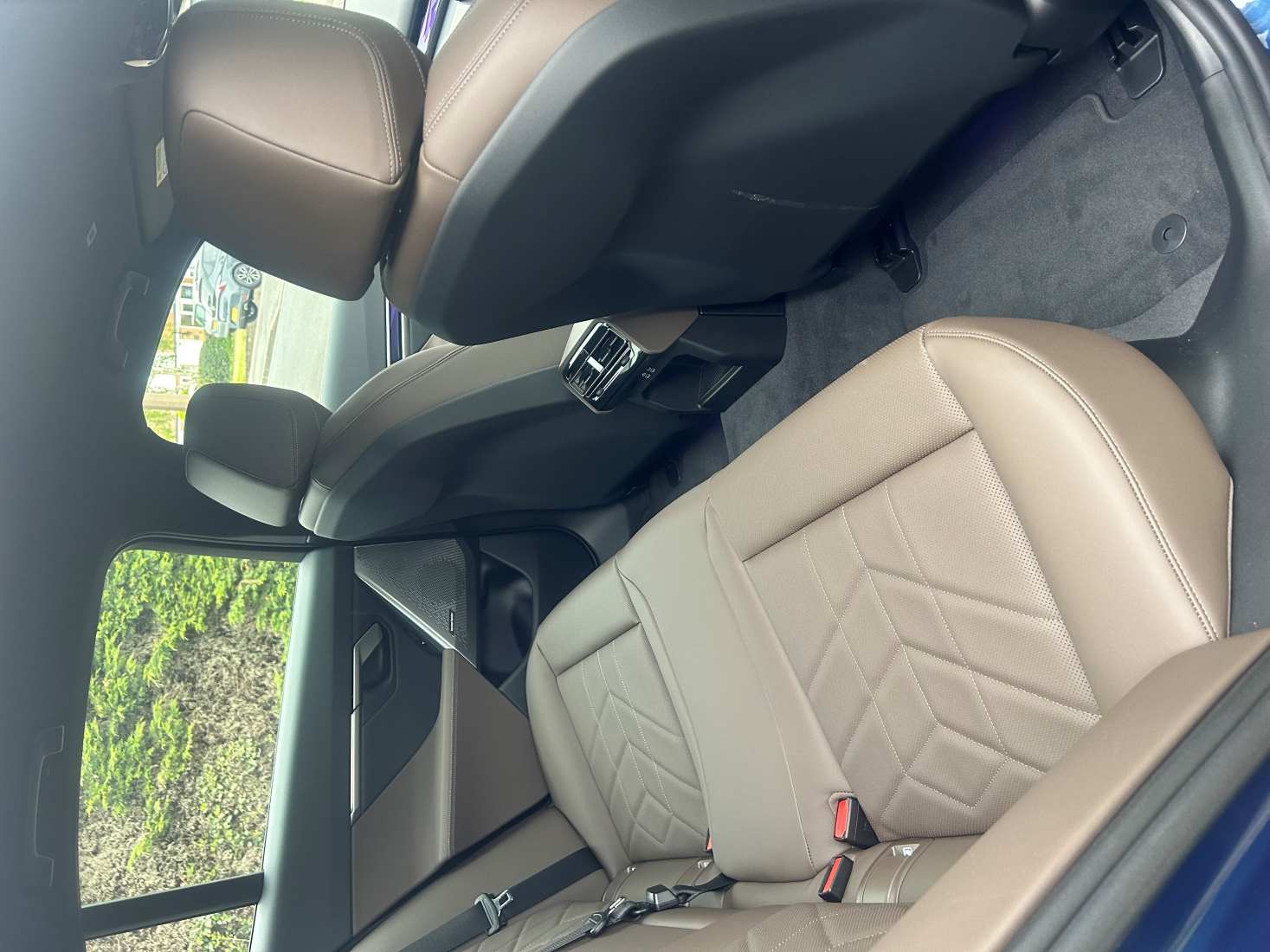
Unlike petrol or diesel, which carries a private fuel benefit tax implication for the driver, the cost of electricity used in fuelling your EV isn’t subject to this same level. And any charge points installed at home or work are full expensing under Capital Allowances, so that the full value can be claimed back against Corporation Tax too.
But it is in the capacity as an employee (as a director) where many entrepreneurs are seeing the benefits. Company car tax has a significant impact on the personal tax for many drivers, with HMRC confirming that the more expensive and polluting your car is, the higher the level of tax you will pay. JLR recently confirmed that their brand will partner with Elysia to ensure battery robustness and charging times are addressed.
For their upcoming RR EV this is crucial, as UK customers need faster charging, better range and vehicle reliability. In return they get the benefit of some big tax savings. For example the full size Range Rover Autobiography petrol, with a near £140,000 P11d and 261g/km of emissions, would cost a 40% tax payer £1,700 per month in tax alone! In the case of the new Range Rover EV, this would be just under £100 a month for the same situation.
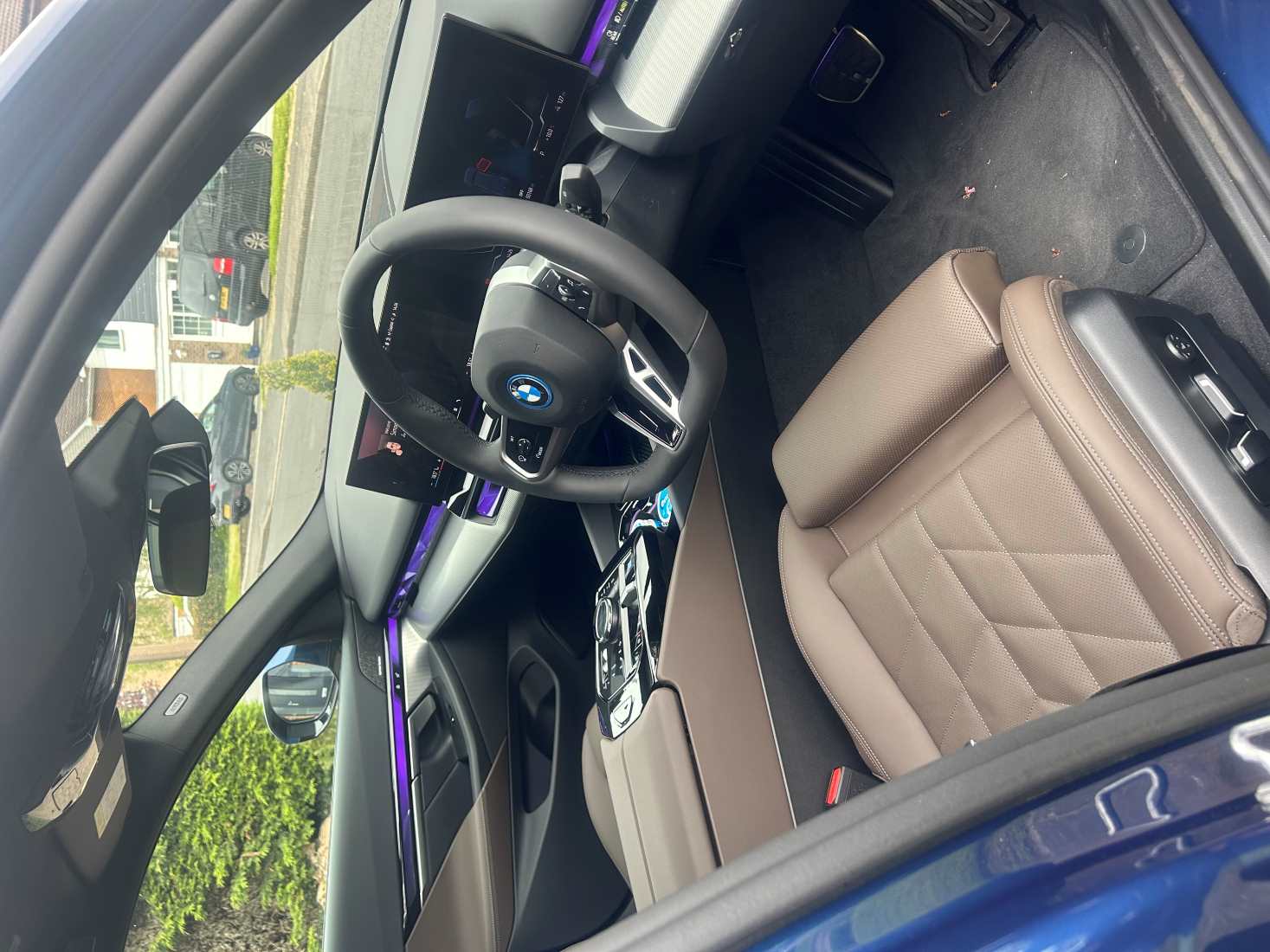
And charging is something that is always thrown back after this sage financial analysis; simply because some naysayers are convinced lithium options are not the way forwards. Finding a charge point is now so simple, with the Zap Map app able to help a driver locate a convenient charge point within their journey planner or in their vicinity.
Utilising Zap Map within our business has simplified the process for our personal and business customers alike. And various business and local authorities are awakening to the importance of good quality and accessible charging solutions for residents and tourists. Only this week the BBC reported that Gloucestershire are putting in place 66 new points between now and January 2025.
To be clear, if your house has a driveway you should always put in place a dedicated charge point as this will cover the majority of your charging needs. With the average real-world range at 238 miles and the average rapid charging capability 168 kW, 2024 has presented a more solid year for limited companies to take their business vehicles down the electric route. Use our amazing guides and EVC™ to ascertain your charging capacity and charging time on each EV to ensure this meets your requirements.
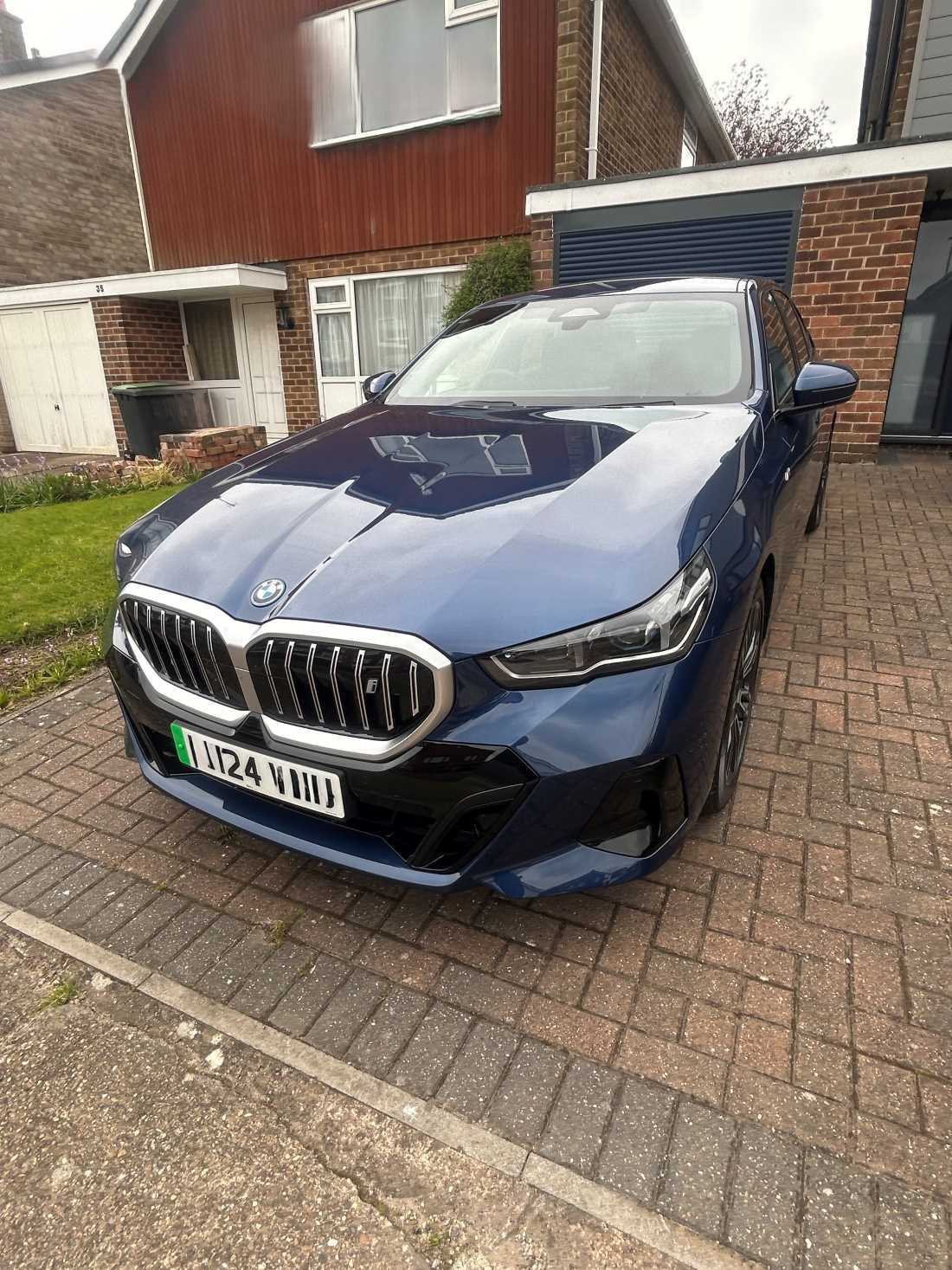
In terms of the car shown, the BMW I5 SALOON 250kW eDrive40 M Sport 84kWh 4dr Auto (Pure Electric Vehicle), this is based on the following configuration:
- Phytonic Blue Metallic Paint
- Perforated and Quilted Veganza leather – Espresso Brown
- Dark silver M accent combined with Aluminium Rhombicle
- 19" M light double spoke bicolour black grey alloy wheels - Style 935 M
- Mode 3 Type 2 charging cable
And how does the BMW i5 EV perform?
This 81.2 kWh lithium-ion battery will offer 0 – 62 times of 6.0 seconds, 120 mph top speeds and 250 kW (or 335 hp). This model is a RWD option. Expect a combined winter range of 245 miles with warmer weather allowing for 335 miles - 290 miles combined.
On charging, the 11 kW AC max will allow 8 hour and 45 min 0 – 100% charging times with the 205 kW DC maximum allowing 26 minute 10 – 80% times. This has a cargo volume of 490L and vehicle fuel equivalent of 145 mpg. This i5 can tow 1500 kg braked and 750 kg unbraked. A heat pump is standard. The BMW i5 has no bidirectional charging.
Need more help and advice on your new BMW i5 EV?
Just get in touch with our team on 01942 910 001 or by emailing us at [email protected]
e-car lease work alongside these select finance companies:





e-car lease have a partnership and affiliation with:



Register & get new deals weekly
 Exclusive offers
Exclusive offers
 Electric-only deals
Electric-only deals
 Never miss out
Never miss out

Talk to one of our experts
01942 910 001 Email usLeasing


© Copyright 2025 e-car lease. All rights reserved. e-car lease is a trading name of CarLease (UK) Ltd, e-car lease is a credit broker and not a lender. We are authorised and regulated by the Financial Conduct Authority. Registered No: 706617. BVRLA Membership No. 1471. Registered in England & Wales with Company Number: 09312506 | Data Protection No: ZA088399 | VAT No: 200422089 | Registered Office: Kings Business Centre, Warrington Road, Leigh, Greater Manchester, WN7 3XG
Made by morphsites®












